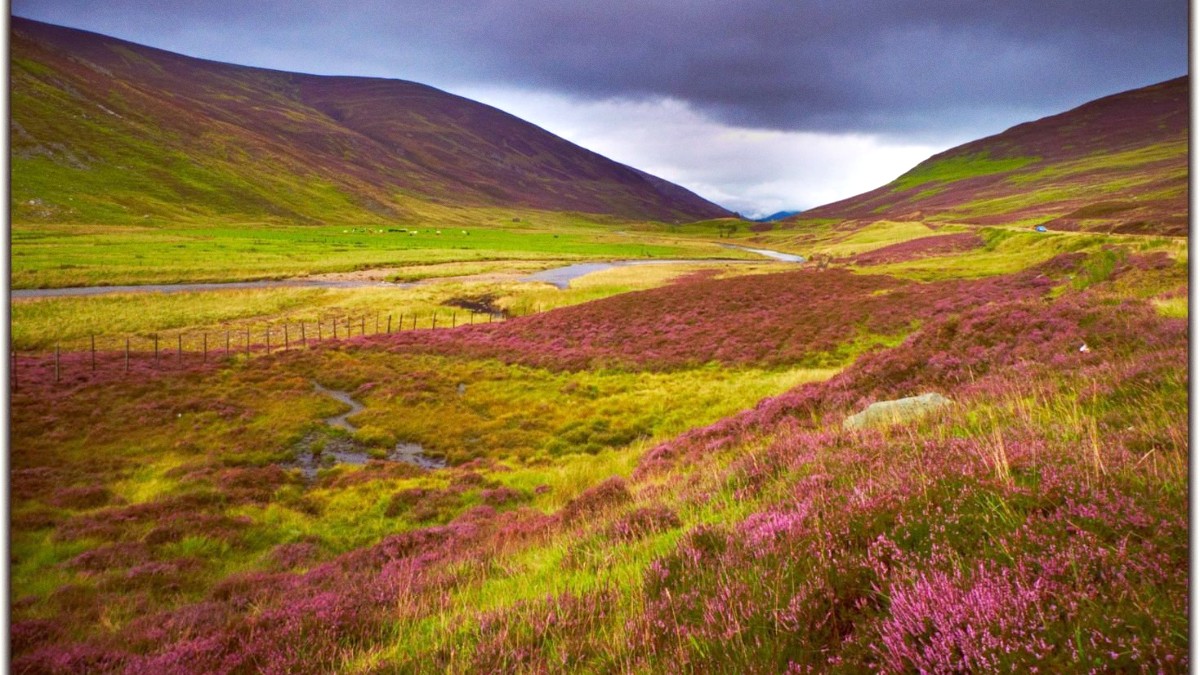
Highlands And Northern Islands, Scotland
Your actions protect the fragile island ecosystems. Leave no trace.
Recycle where facilities exist. Reduce single-use plastics.
Support local conservation groups and eco-friendly initiatives.
Your actions impact the fragile island environment.
Numerous protected areas preserve fragile ecosystems and wildlife.
Mindful waste practices help preserve island beauty.
Select accommodation and tour options prioritizing environmental care.
Join tours committed to low environmental impact.
Seek accommodations with green certifications. Find eco-stays
Choose operators promoting low-impact activities and local conservation. Explore ethical tours
Embrace responsible tourism. Your conscious choices protect the Outer Hebrides' natural beauty for future generations.
Respect local customs to enrich your visit.
Support efforts to preserve Gaelic language and culture.
Mindful interactions with islanders.
When visiting sacred places.
Wear modest clothing when entering churches or religious sites.
Keep noise to a minimum, especially during services.
Pay attention to any posted rules regarding photography or access.
Cultural interactions enrich your journey. Approach local traditions with an open mind and respect.
Support the local economy through your travel choices.
Directly contribute to island prosperity.
Make conscious purchasing decisions.
Your spending makes a difference.
Adhere to ethical principles for a positive visit.
If you wish to contribute, seek out local charities or community funds.
Support groups dedicated to protecting the islands' unique landscapes and wildlife.
Contribute to organizations promoting Gaelic language, music, and traditions.
Support local initiatives that aid residents and strengthen communities.
Do not engage in activities that cause harm or distress to the environment or local communities. Always respect local laws and customs.
Direct donations to established local organizations ensure your contribution is effective and reaches those who need it most.